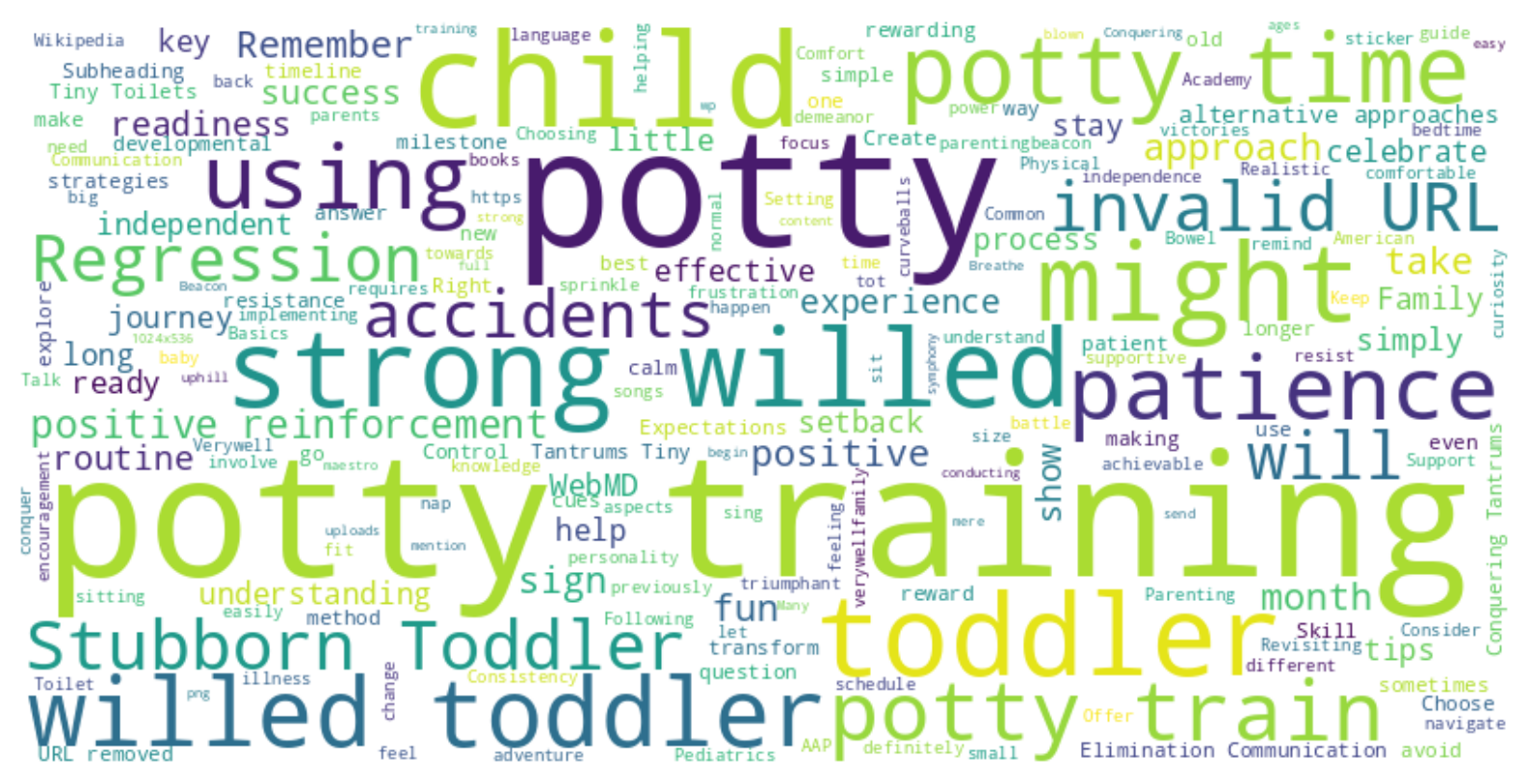
Key Takeaways:
- Understanding the different types of play for toddlers is essential for their overall development.
- Creating a suitable play space for toddlers can enhance their learning experiences.
- Encouraging imaginative play fosters creativity, problem-solving skills, and social interactions in toddlers.
Playtime isn’t just about fun and games for toddlers – it’s a crucial aspect of their development. At Parenting Beacon, we recognize the significance of play in shaping young minds and fostering growth and learning. In this comprehensive guide, we explore the importance of play in toddler development, focusing on the types of play, creating a nurturing play space, and encouraging imaginative play to support your child’s holistic development.
Introduction
Understanding the pivotal role of play in toddler development is key to nurturing a child’s cognitive, social, and emotional well-being. Play serves as a natural and enjoyable way for toddlers to explore the world around them, learn new skills, and express their creativity and imagination. In this article, we delve into the benefits of play for toddlers and highlight key focus areas to optimize their play experiences.Helping Your Child Develop Good Study Habits
Types of Play for Toddlers
Diving into the world of play for toddlers, we explore three fundamental types of play:
- Structured Play: Engaging in organized activities to develop specific skills.
- Imaginative Play: Encouraging creativity and imaginative thinking through pretend play.
- Physical Play: Stimulating physical development and gross motor skills through movement and activity.
Understanding how each type of play contributes to different aspects of a toddler’s development is essential for creating well-rounded learning experiences. How to Encourage Early Communication Skills in Toddlers
Benefits of Play for Toddler Development
The benefits of play for toddlers extend beyond just having fun. Playtime contributes significantly to:
- Cognitive Development: Enhancing problem-solving, reasoning, and memory skills.
- Social Skills: Fostering communication, cooperation, and interaction with peers.
- Emotional Regulation: Providing an outlet for expressing feelings and building emotional resilience.
Real-life examples and scenarios will illustrate how play positively impacts a child’s growth and learning.Navigating Social Media with Your Teenager
Encouraging Play in Daily Routine
Incorporating play into a toddler’s daily routine goes a long way in promoting learning and development. Tips for parents include:
- Creating a Play-Friendly Environment: Designing a space that encourages exploration and creativity.
- Setting Aside Dedicated Play Time: Allotting specific times for play to establish routine and consistency.
- Engaging in Playful Interactions: Participating in play activities to bond with your child and support their development.
Parental involvement is crucial in fostering a love for play and learning in toddlers.Setting Healthy Screen Time Limits for School-Aged Kids
Interactive Play Ideas for Toddlers
Interactive play ideas not only engage toddlers but also enhance their skills and abilities. Explore activities like:
- Sensory Play Activities: Engaging the senses through touch, sight, and sound.
- Educational Games and Toys: Using toys that promote learning, problem-solving, and creativity.
- Outdoor Play and Exploration: Encouraging outdoor activities for physical development and nature exploration.
These interactive ideas stimulate different senses and skills in toddlers, making playtime both educational and enjoyable.
Nurturing Creativity through Play
Imaginative play plays a crucial role in nurturing creativity and problem-solving skills in toddlers. Activities such as:
- Artistic Play: Painting, drawing, and crafting to foster artistic expression.
- Role-Playing Games: Pretend play scenarios that encourage storytelling and creativity.
- Storytelling and Pretend Play: Using imagination to create narratives and explore different roles.
These creative play experiences enhance a child’s cognitive abilities and social interactions.
Playful Learning Environment at Home
Creating a stimulating and supportive play environment at home is essential for toddler development. Tips include:
- Organizing Play Spaces: Designating areas for different types of play and learning activities.
- Safety Measures for Play Areas: Ensuring a safe environment that nurtures exploration and curiosity.
- Rotating Toys to Maintain Interest: Introducing new toys and activities to keep playtime engaging and exciting.
Optimizing the play environment at home sets the stage for meaningful play experiences and learning opportunities.Establishing Healthy Sleep Habits for Newborns
Conclusion
Emphasizing the importance of play in toddler development, we recap the key points discussed in this article. Play is not just a pastime for toddlers; it’s a fundamental aspect of their growth and learning. Prioritizing play in your child’s routine supports their holistic development and lays the foundation for a lifetime of learning and exploration.
At Parenting Beacon, we understand the pivotal role of play in shaping young minds and nurturing healthy development. Through a mix of informative content, real-life examples, and practical tips, we aim to empower parents in creating enriching play experiences for their toddlers. Join us in cultivating a playful and nurturing environment that fosters growth, learning, and creativity in your child.